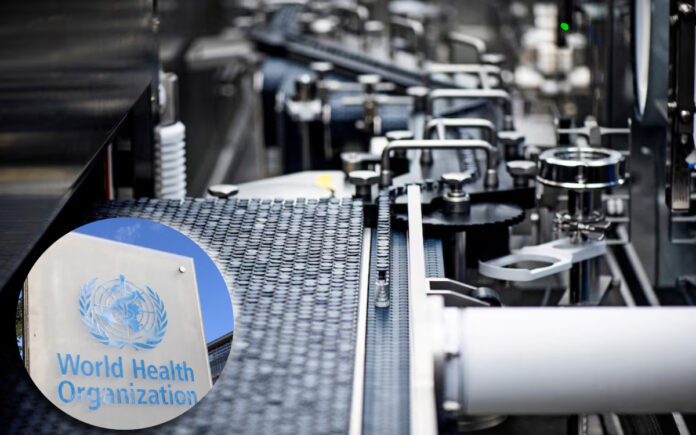Geneva: On Friday, the World Health Organization (WHO) and its partners established a scheme to facilitate the distribution of mpox vaccines, tests, and treatments to the world’s most vulnerable populations in impoverished countries. This initiative follows the WHO’s approval of the first vaccine for the rapidly spreading mpox virus. The scheme aims to mirror the global collaborative efforts seen during the COVID-19 pandemic.
This development is expected to improve access to the vaccine for severely affected African countries, particularly as a new strain of mpox spreads from the Democratic Republic of Congo to neighboring regions. The WHO has declared this outbreak a global public health emergency.
“Alongside other public health interventions, vaccines, therapeutics, and diagnostics are powerful tools for bringing the mpox outbreaks in Africa under control,” stated WHO Director-General Tedros Adhanom Ghebreyesus. He highlighted the lessons learned from COVID-19, emphasizing the need for international cooperation to ensure equitable access to medical resources. The pandemic exposed the gaps left behind for low-income countries in the global race for vaccines and treatments.
European countries, the United States, and Japan have already committed to donating 3.6 million doses of the two primary mpox vaccines. Vaccinations are set to commence on October 2 with the initial donation batches. The WHO is calling for additional donations from countries with surplus vaccines originally developed for smallpox and will collaborate with affected nations to prioritize those at highest risk.
Earlier on Friday, the WHO approved Bavarian Nordic’s vaccine, known as Jynneos in the United States, for use. The organization is also reviewing LC16, a vaccine produced by the Japanese manufacturer KM Biologics. This prequalification approval allows U.N. agencies to procure the vaccines and coordinate donations. Gavi, the Vaccine Alliance, which co-funds vaccine purchases for low-income countries, has allocated up to $500 million for mpox.
The WHO has faced criticism for its slow response to mpox vaccination efforts. Although Bavarian Nordic’s vaccine has been in use globally since 2022 for a different strain of mpox, the WHO only formally began the approval process in August. Additional challenges include the vaccine’s $100 price tag, competing disease outbreaks, and delays in severely impacted countries like Congo.
Also Read | Prague Braces for Major Flood Risk as Torrential Rains Batter Central Europe
“The evidence we have now is… it is important we take advantage of it (the vaccine) to protect our population,” said Dimie Ogoina, chair of the WHO’s mpox emergency committee, before the vaccine’s approval. He emphasized that while vaccines are crucial, they are not a “magic bullet” and should be complemented by other public health measures.
Also Read | South Africa’s President Defends Unity Government Amid Controversy Over Education Bill
Regarding usage, Bavarian Nordic’s vaccine is officially approved for individuals aged 18 and older for smallpox, mpox, and related orthopoxviruses. However, it may be used “off-label” for children, pregnant individuals, and those with weakened immune systems if the benefits outweigh the risks. LC16 is already approved for children by the Japanese regulator, though it requires a specialized needle. Children and individuals with compromised immune systems, such as those with HIV, are particularly vulnerable to mpox, which typically causes flu-like symptoms and pus-filled skin lesions.



